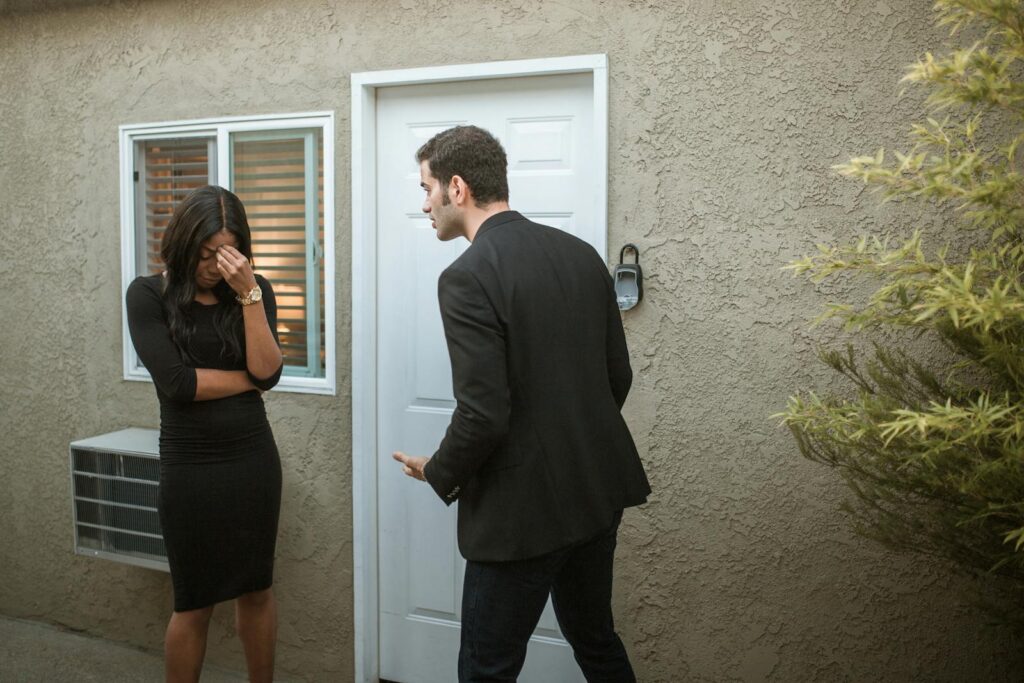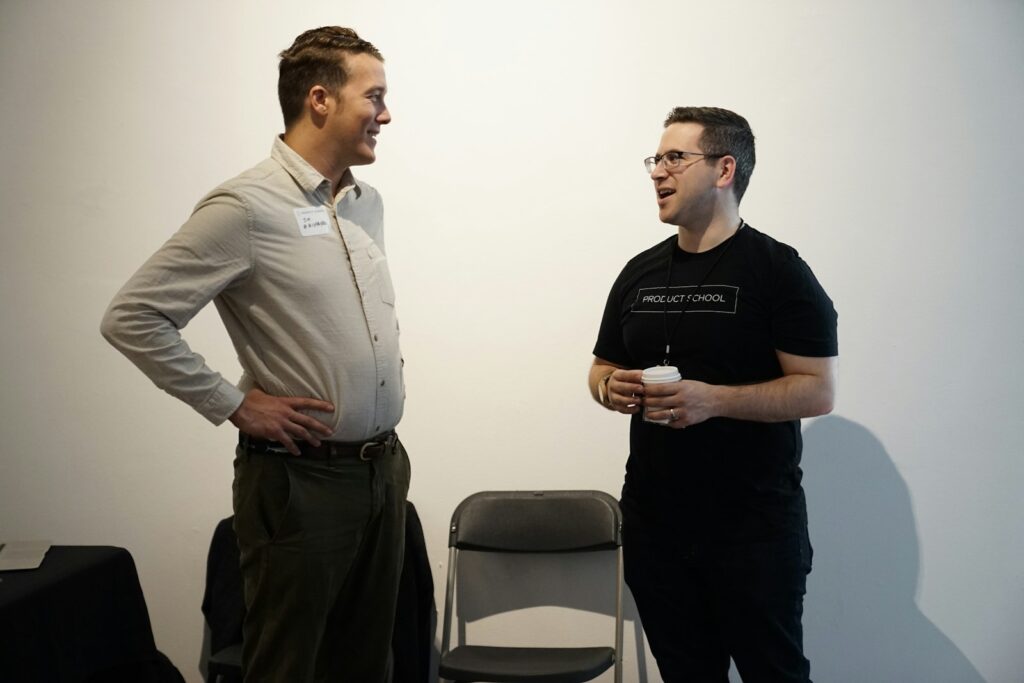
People can be unkind without meaning to. It happens in everyday talk—the words sound nice enough, but something in the tone gives them away. A little pause, a fake smile, or the shift in the room afterwards. Most of these comments are said with good intentions, but that doesn’t make them feel better. They’re the kind of remarks that stay with you long after the conversation moves on.
You’ve Lost Weight

People mean it as a compliment, but it rarely feels like one. It assumes thinner is better and that your body was a problem before. Sometimes, the weight came from stress, grief, or illness, not effort. Complimenting it feels like praise for surviving something rough. The smile that follows is polite, but inside, you’re already thinking about how much people notice when you change.
No Offense, But

When someone says this, you know offense is coming. It’s a way of clearing their conscience before saying something rude. They hide behind the phrase, as if that makes the words harmless. You brace yourself while they continue, pretending it doesn’t sting. It’s not honesty—it’s rudeness with a warning label. And somehow, they still get to walk away thinking they were being real.
You’re So Brave to Wear That

It’s meant to sound supportive, but it’s laced with disbelief. The words imply surprise that you’d wear something bold or revealing. It’s not admiration—a quiet reminder of how others might see you. Compliments shouldn’t sound like shock. You smile and move on, but later, you wonder if you were being judged. Even the mirror feels heavier the next time you look.
Bless Your Heart

It’s one of those phrases that changes meaning depending on who’s saying it. Sometimes it’s soft and genuine, a small show of care. Other times it’s the opposite—sweet words that hide judgment. You can hear it in the tone, that mix of pity and amusement. You smile and nod, pretending it’s kind, but deep down you know it wasn’t meant to be.
With All Due Respect

You can almost feel the shift before the words land. It’s not respect that follows—it’s disagreement wearing polite clothes. People use it to sound civil before they say something sharp. The courtesy is just decoration. The moment ends with a strange silence, the kind that feels heavier than the words themselves. Respect doesn’t need an announcement. It shows itself without warning.
I’m Just Being Honest

This one often arrives after the damage is done. Someone says something cruel, then hides behind honesty as if it excuses everything. It’s not honesty they’re defending—it’s the need to be right. Real honesty doesn’t bruise. It doesn’t leave an awkward silence between two people. The moment turns heavy, and what could have been a conversation becomes a quiet sort of distance.
You’re So Lucky

Luck is the easiest way to erase effort. You stay up late, put in the work, and still someone chalks it up to chance. It’s meant to sound light, but it often feels dismissive. Luck becomes a shortcut people use when they don’t want to see how much went into something. You smile politely, but inside, you know it wasn’t luck—it was work no one noticed.
You’re Too Sensitive

This phrase ends more conversations than it starts. It’s not about helping—it’s about silencing. You share how something hurt, and suddenly the problem isn’t the words, it’s your reaction. The label sticks like dust. It teaches you to second-guess your feelings. The room gets quieter after that. People think they’ve ended drama, but all they’ve done is make someone smaller for feeling too much.
You Clean Up Nice

It’s supposed to sound flattering, but it hints that you don’t look great most of the time. It’s the kind of line that sounds friendly in a crowd but stays in your head afterwards. It reminds you that your everyday self isn’t enough. Compliments shouldn’t sound like a surprise. You smile, brushing at your sleeve as if that might fix what they noticed.
I Could Never Do What You Do

It’s a strange mix of awe and distance. Someone says it after you mention your job, your kids, or something hard you’re managing. It sounds like admiration, but underneath, it separates you. It’s not “you’re amazing,” it’s “I wouldn’t want your life.” You nod, smile, and change the subject. Admiration without understanding often feels more like dismissal than praise.
You’re So Mature for Your Age

It sounds like respect, but it’s often a quiet way of saying you’ve had to grow up too fast. Maybe you learned responsibility early, or life didn’t give you a choice. The phrase flatters the surface and ignores the story underneath. People mean well, but it reminds you of the parts of childhood that didn’t last long enough to be carefree.
Calm Down

Few phrases shut someone down faster. It’s usually said when emotions make others uncomfortable. The words aren’t meant to soothe—they’re meant to control. When you hear it, your heart beats louder, not quieter. It tells you that your feelings are too much and inconvenient. The sound of a clock in the background fills the silence that follows, sharper than the words themselves.
I’m Just Trying to Help

Help isn’t real when it ignores what someone needs. This phrase typically appears when people are defensive, as their “help” has already crossed a line. It’s often used to justify unsolicited advice or control. You didn’t ask, but they insist anyway. Their tone turns firm, like they’ve done you a favor. The word “help” loses meaning when it becomes about being right.
It Must Be Nice

Those four words carry more envy than they admit. They sound harmless, like casual small talk, but the tone often gives them away. It’s not admiration—it’s a jab dressed as observation. “It must be nice” can shrink joy, turning someone’s good news into something to defend. You catch yourself hesitating before sharing next time, not wanting to be made to feel guilty for feeling good.
Good For You

It sounds supportive until you catch the tone. There’s a distance in it, a hint that they’ve already checked out of the conversation. The smile that follows doesn’t reach their eyes. It’s not anger, just indifference wrapped in manners. You nod and move on, realizing the phrase didn’t mean approval at all—it was simply a polite way of ending things early.

